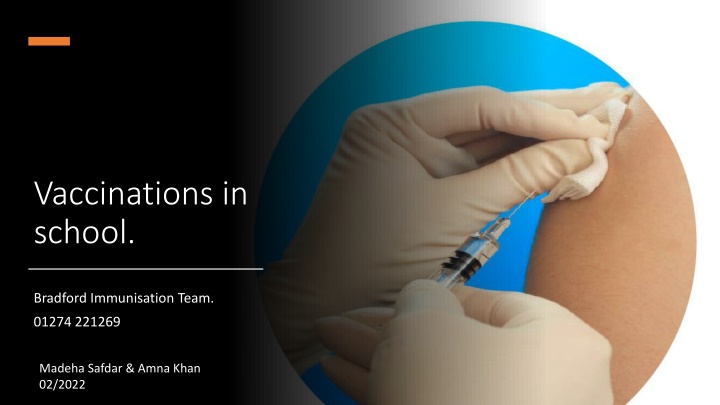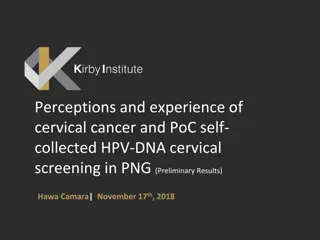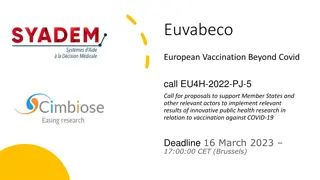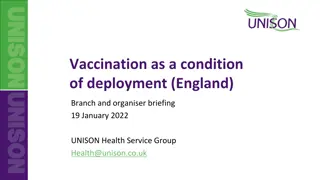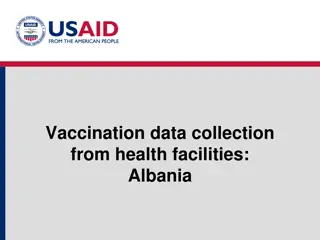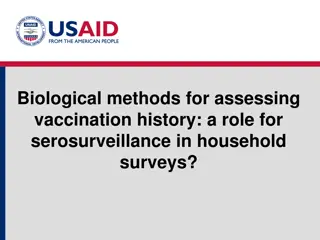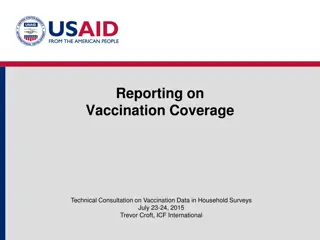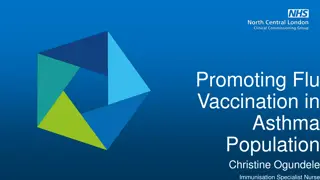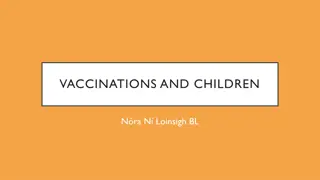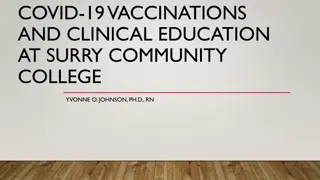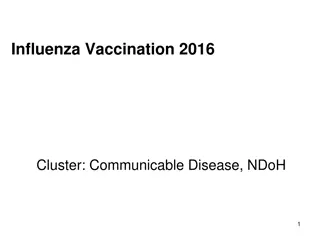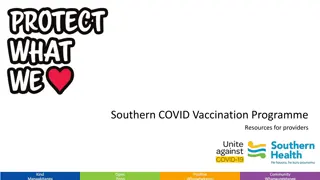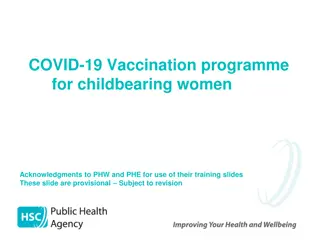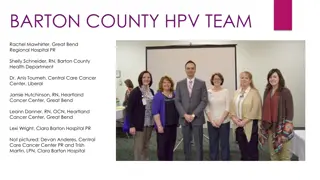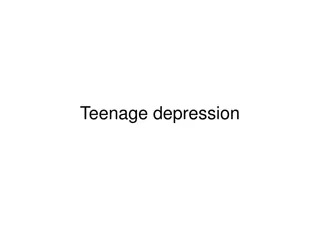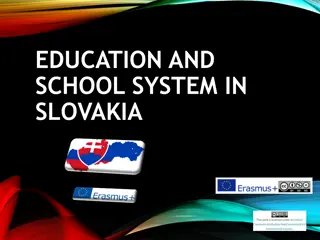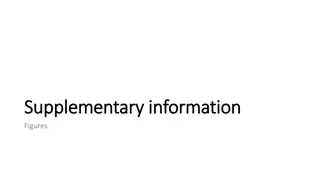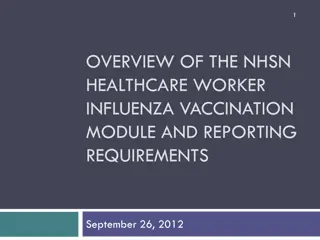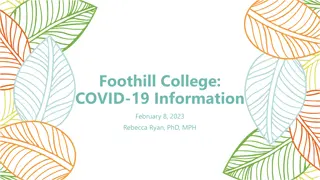HPV Vaccination and Teenage Boosters for Year 8 and Year 9 in Schools
Human Papillomavirus (HPV) is a common infection that can lead to cancer if untreated. Learn about the importance of HPV vaccination for boys and girls before sexual activity. Year 8 students receive the HPV vaccine to prevent cancers, such as cervical cancer. In Year 9, teen boosters are offered for diphtheria, tetanus, polio, and meningococcal ACWY to ensure complete protection against diseases. Vaccination information provided by Bradford Immunisation Team.
Download Presentation

Please find below an Image/Link to download the presentation.
The content on the website is provided AS IS for your information and personal use only. It may not be sold, licensed, or shared on other websites without obtaining consent from the author.If you encounter any issues during the download, it is possible that the publisher has removed the file from their server.
You are allowed to download the files provided on this website for personal or commercial use, subject to the condition that they are used lawfully. All files are the property of their respective owners.
The content on the website is provided AS IS for your information and personal use only. It may not be sold, licensed, or shared on other websites without obtaining consent from the author.
E N D
Presentation Transcript
Vaccinations in school. Bradford Immunisation Team. 01274 221269 Madeha Safdar & Amna Khan 02/2022
What is Human Papillomavirus (HPV)? HPV is very common and can be caught through any sexual contact with another person who has it. In most cases the HPV infection clears with no treatment but in some cases a person will be affected with a high risk HPV and will not be able to clear it which overtime can lead to cancer if not treated. Although HPV is passed through sexual contact it is best for girls and boys to get protected with the HPV vaccine before they come into contact with HPV (i.e. before they are sexually active). Research shows that if girls and boys are vaccinated against HPV at a younger age and before being exposed to HPV they will create more antibodies which will mean they are better protected.
The HPV vaccine. The HPV vaccine is offered to all children in year 8. It is to protect against cancers caused by HPV including, cervical cancer, some cancers of the mouth and throat and some cancers of anal and genital areas. It is a course of 1 injections for protection.
The HPV vaccine was first introduced in 2008 for girls and 2019 for boys. It has proven to be very safe and effective. A 2021 UK study found a reduction of cervical cancer by almost 90% in women in their 20 s in England, who were offered the vaccine 12- 13 years of age. How effective is the HPV vaccine?
Year 9 Teenage Boosters. In Year 9 your child will be offered 2 vaccinations. These are diphtheria, tetanus & polio and meningococcal ACWY. Both these vaccines are to complete the course of vaccines that your child has already had as a baby. It is vital for your child to complete the course to give them utmost protection against the diseases.
Diphtheria, tetanus & polio (DTP) is a vaccine that gives protection against the 3 diseases. Diphtheria is a highly contagious infection that affects the nose and throat, and sometimes the skin. Tetanus is a serious but rare condition caused by bacteria getting into a wound. The polio virus causes temporary or permanent paralysis, which can be life threatening. Cases of polio in the UK fell dramatically when routine vaccination was introduced in the mid-1950s.
Meningitis is a swelling inflammation of the thin membranes that cover the brain and spinal cord. It can be life threatening if contracted. The MenACWY vaccine is given by a single injection into the upper arm and protects against 4 strains of the meningococcal bacteria A, C, W and Y which cause meningitis and blood poisoning (septicemia).
Measles is a very infectious viral illness that is spread by coughs and sneezes. Complications can include chest and ear infections, fits, diarrhoea, encephalitis (infection of the brain) and brain damage. Mumps is spread in a similar way to measles. Mumps can be very painful and can include inflammation of the ovaries or testicles, and in rarer cases, the pancreas. Mumps can also cause viral meningitis and encephalitis (infection of the brain). Rubella is a viral illness, that is now rare in the UK thanks to the success of the MMR vaccine. For most people, it is usually a mild condition that gets better in 7 to 10 days without treatment. However, if pregnant women develop rubella it can be very serious for their unborn baby. Measles, Mumps & Rubella (MMR)
The MMR vaccine is a safe and effective combined vaccine. It protects against 3 serious illnesses. These highly infectious conditions can easily spread between unvaccinated people. The MMR vaccine is routinely given during childhood at the age of 12 months and 3 years and 4 months. 2 doses of the MMR vaccine provide the best protection against measles, mumps and rubella. If for any reason your child has not had both doses, we can give these in school. MMR Vaccine
Giving Consent Giving Consent You will receive a link from school to complete an on line e-consent. Please complete the online consent form even if you do not want your child to have the vaccine. If you have any problems completing your online consent form you can call us on 01274 221269.
Any Questions? If you have questions or queries or need any more information, please call us on 01274 221269 where a member of our admin team will take a message and then a nurse will call you back. School Immunisation team - Bradford - Better Lives Healthy Futures (betterliveshealthyfuturesbw.nhs.uk)
